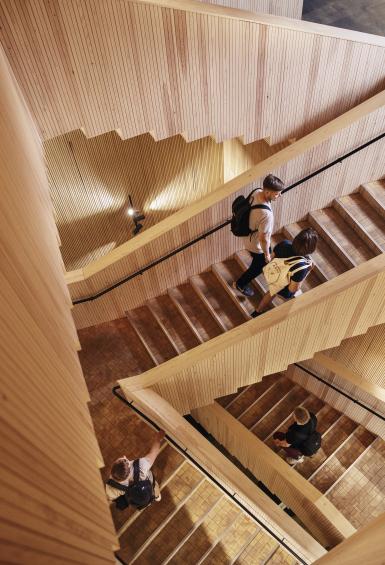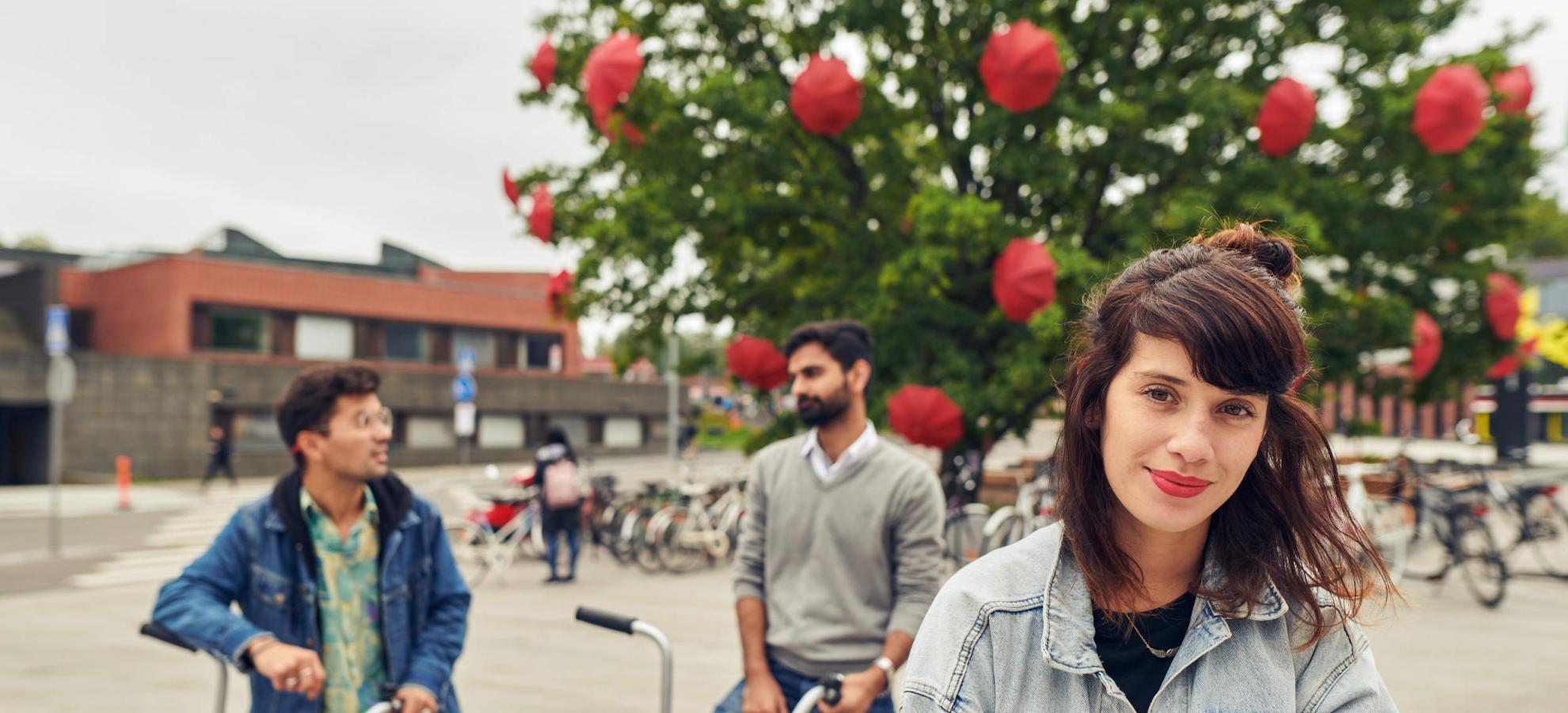
The fifth-best education in a list of 167 countries, some of the world's top universities and the best opportunities in Europe to develop one's working life skills and to learn skills for the future. When talking about Finland's learning possibilities, it is hard to avoid words of praise.
Helsinki is the centre of education in the country, and has been ranked the seventh-most innovative city in the world. On an EU-level, the Helsinki region is number one in terms of innovation. The five universities, six universities of applied sciences, and several other educational facilities in the capital region represent world-class expertise. Finns speak very good English, and 15-year-olds have excellent financial skills in international comparison.
In addition, Finland holds fourth place on the World Bank's Human Capital Index. The index examines the possibilities for a newborn to access health and education over the course of their life.
The proportion of highly educated individuals is significant in the capital region. According to statistics, half of the 25-64-year-old labour force held a higher education degree at the end of 2017. There are gender differences: around 65 percent of women in Helsinki aged 25-44 had a higher education diploma, while with men the equivalent percentage was slightly below 50.
Finnish society thinks highly of equality. There is a desire to offer everyone equal access to education, and a similar quality in basic education is maintained throughout the country. The global competence assessment PISA has ranked Finland at the top internationally in reading, mathematics and natural sciences. Parents tend to trust the quality of nearby schools, which speaks for the equality of basic education. The school network of the capital region is dense, and children generally make their way to school on their own, which makes everyday life at home much easier.
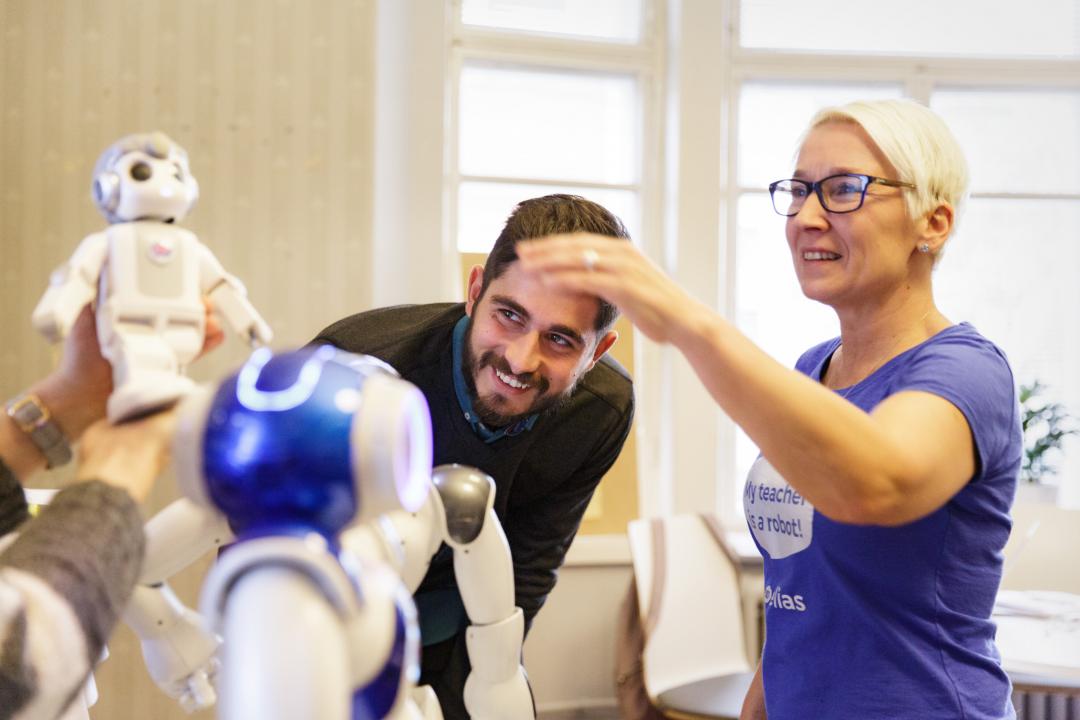
Society appreciates teachers
The Economist highlighted Finland as the number one country in the teaching of skills for the future in 2019. A skilled population is a prerequisite for the success of a small country. The high level of pedagogical education and the use of modern educational methods have knock-on effects throughout all of society
When Helsinki and the rest of Finland shifted to remote learning in the first months of the Coronavirus pandemic, most parents felt that their children's remote learning went well and that it was easy to maintain good contact with the teachers.
The teacher’s profession is widely appreciated, and it is a dream career for many young people. The Faculty of Educational Sciences at the University of Helsinki is Finland's leading research and teaching unit in the field of educational sciences and teacher education. The internationally acknowledged faculty has regularly placed among the top 100 universities in a comparison of 300-1,400 universities.
Helsinki's neighbour, the City of Espoo and Aalto University are jointly developing new learning methods in the School-as-a-Service model. The environment-driven model is based on the idea that people learn constantly in an interaction with others.
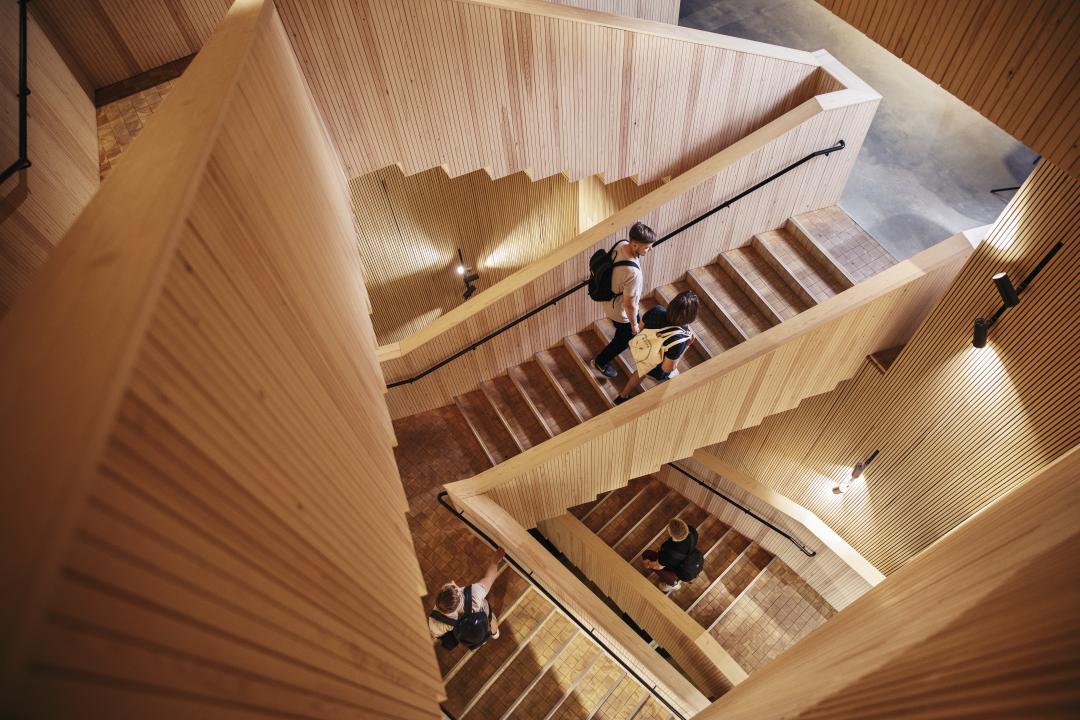
Hundreds of English-language educational programmes
The University of Helsinki has for several years been ranked in the world's top 100 universities. The University Impact Ranking gave the University of Helsinki a specifically high score in combating climate change, and in areas related to sustainable cities and communities.
Aalto University has also been ranked high internationally. A university ranking underlining collaboration and multidisciplinarity ranked it 23rd in the world.
High-level teaching and research has also attracted plenty of international professionals and students to Helsinki. Education is basically free for students arriving from the EU and EEA region.
In 2015, the number of foreign-language university students in the Helsinki region was 42 percent.
The capital region offers dozens of different English-language educational alternatives. English-language Master's programmes have been especially popular. The number of international students has grown steadily over the years. International students in Finland represented one quarter of the country's PhD degrees in 2018.
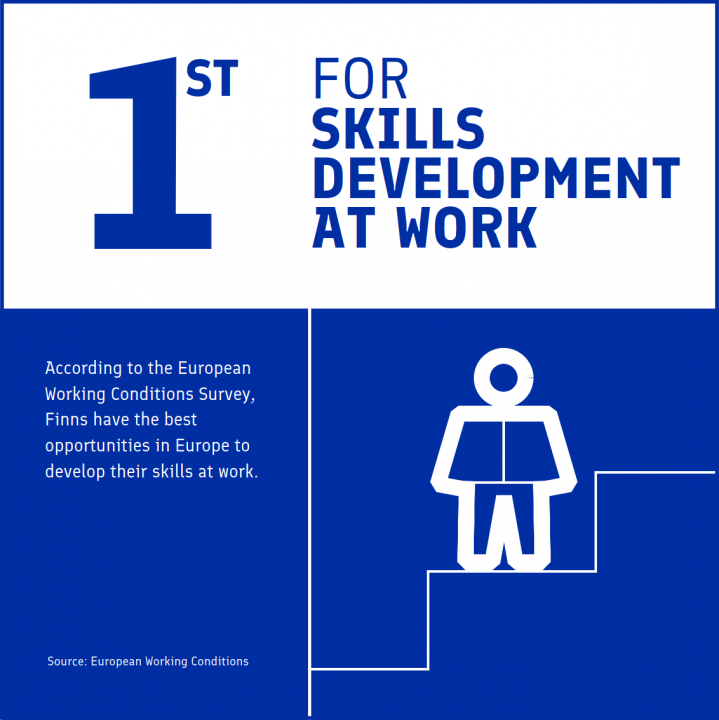
Acquisition of future skills is appreciated
Finns place high value on a broad general education, and life-long learning is seen as a fundamental right. The City of Espoo was awarded Unesco's Learning Cities recognition as a forerunner of life-long learning.
There is much appreciation for and work being done towards further training and re-education in working life. According to a study conducted by Rastor-instituutti, the development of expertise is a competitive advantage for companies in recruiting. A majority of the Finnish decision-makers who took part in the study felt that boosting individual skills benefits the whole organisation.
Companies and organisations try to offer opportunities for life-long learning to their personnel and the acquisition of future skills is understood as being important. Many employees also take advantage of the statutory right to a study leave, during which they can focus on their studies full-time. One’s employer can only refuse a study leave for an important reason. Many people find a new direction for their lives through adult studies.
Helsinki wants to be the most functional city in the world as well as the most impactful place for learning. The city collaborates closely with universities, universities of applied sciences, student networks, companies and many other stakeholders. New plans for the city include, for instance a smart school initiative that employs innovative future pedagogical solutions. The whole city supports the education of students of all ages.




